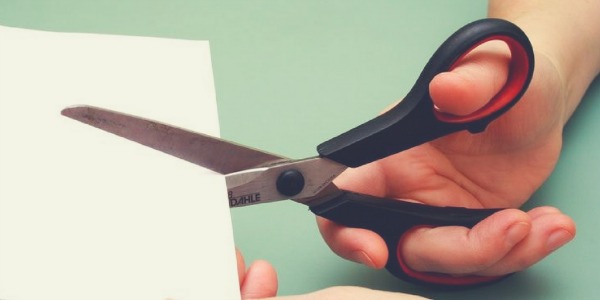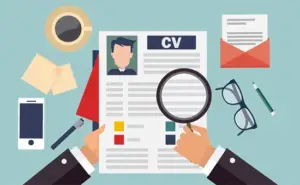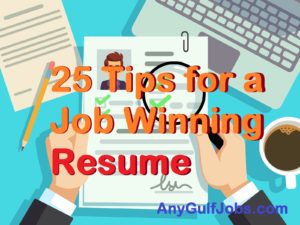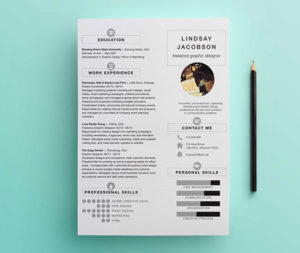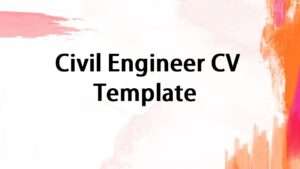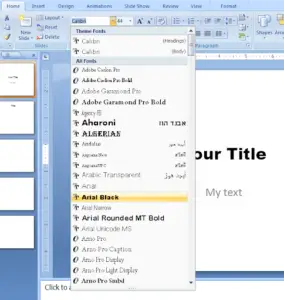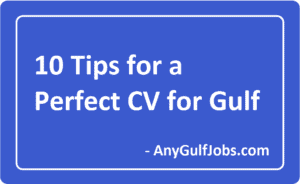The most common thing to be afraid of the CV is, it is too short.
But it can be too long too. If your resume uncritically lists information on three pages or more, the employer begins to read – and the important information can disappear into the sea of details.
Also, it is often expected to be below two. Here are 10 things you can do in a Word CV. Some are pure techniques to save space, others are ways to clean up the information.
1. The title “CV” or “Curriculum Vitae”
You can use your name as a title instead.
The employer sees what document she has in her hands, and your name in large, beautiful font at the top is stylish and perceived confidently.
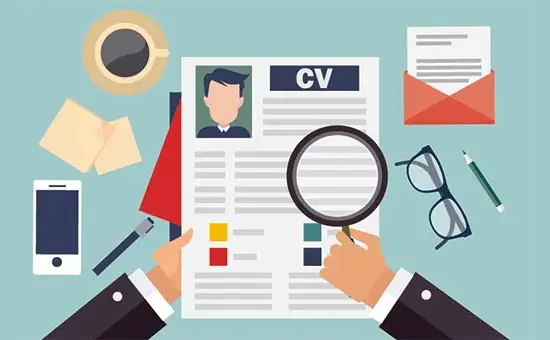
2. The layout of the contact information
Classic examples of CVs teach us to use a quarter of a page of contact information. Like this:
Contact information
Name: Cristiano Ronaldo
Address: 254, Funchal, Madeira, Portugal
Email: RonaldoSoccer@gmail.com
Tel: + 48 25 96 22
born: February 5, 1985
marital status: unmarried
But it is much easier to just set it up like this:
Cristiano Ronaldo
254, Funchal, Madeira, Portugal | RonaldoSoccer@gmail.com | +48 25 96 22 |DOB 05.02.1985
There are actually 5 lines saved.
Note that I dropped “marital status”. You do not need to bring both that and “children”, even though it was common before.
3. “Key Qualifications” Section
A bit controversial – because that’s the section many CVs feel they have to include. The point is that key qualifications quickly become a collection of subjective claims without effect.
“Effective, social and flexible work with the ability to translate heavy theory into practice”
Is an example I just found. But this is a bit like poking a girl on the shoulder and saying: “I am a tough and beautiful alpha male that you should bet on”. If you want to include key qualifications, I advise you to make it as objective as possible – a summary of your most important sales arguments / your profile:
Bachelor’s degree in sociology with [a few relevant subjects]
3 years of experience as a support teacher in primary school
2 years as leader of the youth association “Young”
But if you write your resume well, these things will come naturally.
Write a good and objective “key qualifications” if you want.
Drop it if you find it difficult to write or struggling with space.

4. Information about upper secondary school or upper secondary school
You can keep if: You are young, do not have much experience, have little or limited education – or you should apply for a place that asks for grades from high school (large consulting companies, trainees in Schibsted, etc.)
But if you have a master’s degree, it is not very important where you went to high school.
Junior high school is almost never someone who cares. I wanted to include if I went to high school or had just finished. Not otherwise.
You can keep high school based on how long it has been. I even dropped it when I got my bachelor’s degree. Bring if you want.
5. Part-time jobs and commitments from adolescence
One of the most important things you do in a good CV is to see which experiences count now – and which are only part of the load.
I myself only have about 70% of what I have done on my own CV – and the first thing that smokes is the places I was from when I was 15 – newspaper delivery, kiosk worker, parking attendant, etc.
One objection is that it can say a lot of positive things about you as a person that you have worked since you were young. This is a good objection – although I think it has less to say than you think.
The solution is then to create a meeting point: “1999-2004: Various jobs (newspaper courier, parking attendant, cashier)”.
It’s much better. And the focal point principle can be used wherever you feel it is right.
It’s all about leaving the new, relevant experiences – those that can give you a job – visible and at peace.

6. Irrelevant positions or courses
I have seen people list “knitting courses” and other things.
It is not a crime, and it can be perceived as charming – but here you are allowed to cut. And it’s not very important that you have been a deputy here and there. If you have done work of significance, include it – but passive positions you can just as easily create a gathering point for. Or cut completely.
This is actually a section for “must-have” courses and certificates, such as truck driver’s license and driver’s license class B. So my own rule of thumb is that courses beyond such things should be relevant. Evening course in accounting if you are to have financial responsibility. Facebook courses if you are going to deal with social media, etc.
7. Non-impressive language skills
You do not have to include that you speak “some” German orally or “a little” French in writing.
So you can – but it will not impress anyone. We have Google Translate anyway. Cutaway if you want.
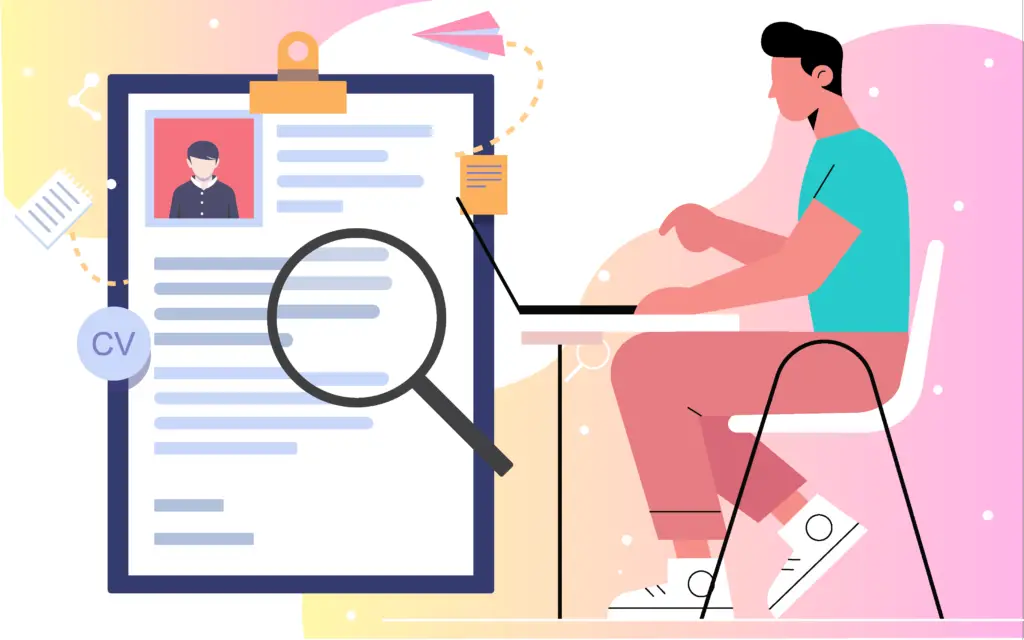
8. Basic computer knowledge
If you are 50+ and have worked with your hands all your life, it is good to write that you master Word. But in our society, it is starting to become a pretty obvious thing. You live with it and learn it from childhood. “Experienced user of the internet and e-mail” I have read a lot.
This is expected. Just cutting guys.
9. Hobbies
Ok, let me clarify:
I LOVE hobbies with young applicants, or applicants with little experience.
The last thing I would encourage them to do is try to wring out a work experience they do not really have. Young people applying for unskilled jobs must sell themselves as a person, as a smiling and charming first-time applicant who is motivated to work. That you are passionate about playing drums can be part of that story.
But with a master’s degree candidate applying for a ministry or similar, it is not as important – or common.
Some take it with them to be a “conversation starter”, an “icebreaker”. And that can be nice – as long as you have your focus in order. For example, Aftenposten’s example of a CV uses as much space to talk about saxophone playing as the jobseeker’s Master’s degree in Economics and Administration, and that is not good.
Bring your hobbies if you feel they say something nice about you as a person.
Cut them to save space.

10. References
Again, keep if you are young and there may be doubts if you HAVE references.
But the usual thing is to write “stated on request” – or just avoid mentioning at all.
Because if you apply for 20 jobs, and list your references on all applications, there is potentially a fairly large load on the reference that shows up.
Recruiters and employers know – and respect – that you take this into account. And it is not common to call references until after the interview.
Just cut.
Like that, done.
You can cut all of these things, or just some.
The most important thing is that your CV does not overflow with info that is convoluted, heavy, or in the way. Keep it brief – but expand what is important and relevant to what you are looking for.
Then you will do well.

